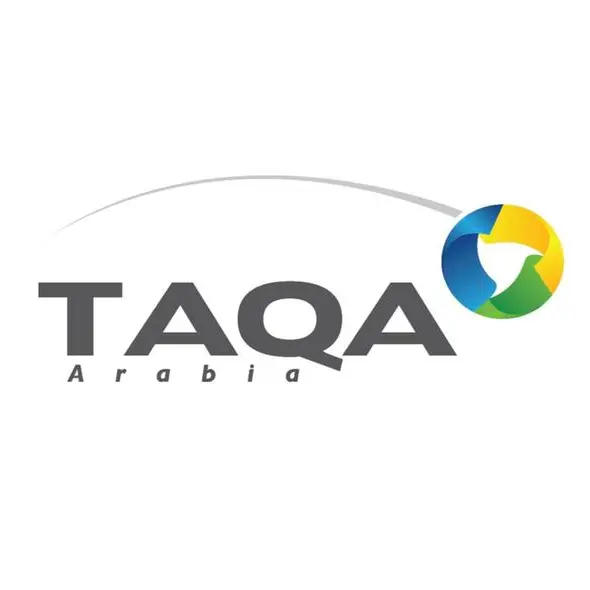Global pharmaceutical giants are continuing to deny low and lower-middle income countries in East Africa, the Horn and Great Lakes enough Covid-19 jabs to vaccinate their populations to ensure the rights to life and to health, Amnesty International said today in a new public statement.
The vaccines that do make it to East Africa are often supplied at short notice on an unpredictable schedule with little time remaining before they expire, complicating efforts to roll out effective vaccination campaigns. In one example, in April 2021, South Sudan destroyed 59,000 doses that they had received just two weeks before the expiry date.
“To protect everyone’s right to health, equitable access to Covid-19 vaccines is essential. Global pharmaceutical companies and world leaders must fulfil their respective human rights responsibilities and obligations. They must ramp up fair distribution of vaccines and ensure that a fair number of doses go to low-income countries, including in East Africa, the Horn and the Great Lakes,” said Deprose Muchena, Amnesty International’s Director for East and Southern Africa.
This lack of predictability and clear supply timelines has also contributed to undermining trust in national vaccination programmes, with vaccines often unavailable at vaccination centres after people have been told to return for their second dose.
Supply issues have also made it more difficult to reach the most at-risk groups. While all countries in the region identified older people and people with chronic health conditions as priority groups for vaccination, inadequate supply has meant the rate of uptake among these groups has remained consistently low throughout the region.
Inadequate supply of vaccines has a direct impact on the lives, health outcomes and livelihoods of populations in the region. Apart from a short, phased reopening between February and June 2021, schools in Uganda have remained closed since March 2020. Large numbers of people in countries across the region reported losing income and missing or delaying meals and health appointments as a result.
Background
To date, less than 8% of people in Africa have been fully vaccinated against Covid-19. East Africa, Horn and Great Lakes has some of lowest rates in world, with 0.01% fully vaccinated in Burundi and 0.07% in DRC. The highest is Rwanda with 29% but most countries in region remain below 6%.
Recent research by the organization has found that pharmaceutical giant Pfizer has made misleading statements about its commitment to vaccine fairness, as it continues to supply the majority of its Covid-19 doses to wealthy nations.
Amnesty International is calling on wealthy states who have stockpiled Covid-19 vaccines to urgently redistribute surplus vaccines to low- and lower-middle-income countries. Pharmaceutical companies should deliver at least 50% of vaccines they produce between now and 31 December to low and lower-middle income countries whilst ensuring timely and predictable supply.
The organization is also calling on wealthy states and pharmaceutical companies to urgently increase the global supply of Covid-19 vaccines through the temporary suspension of intellectual property rights and sharing of technology, resources and know-how.
Distributed by APO Group on behalf of Amnesty International.
© Press Release 2021
Disclaimer: The contents of this press release was provided from an external third party provider. This website is not responsible for, and does not control, such external content. This content is provided on an “as is” and “as available” basis and has not been edited in any way. Neither this website nor our affiliates guarantee the accuracy of or endorse the views or opinions expressed in this press release.
The press release is provided for informational purposes only. The content does not provide tax, legal or investment advice or opinion regarding the suitability, value or profitability of any particular security, portfolio or investment strategy. Neither this website nor our affiliates shall be liable for any errors or inaccuracies in the content, or for any actions taken by you in reliance thereon. You expressly agree that your use of the information within this article is at your sole risk.
To the fullest extent permitted by applicable law, this website, its parent company, its subsidiaries, its affiliates and the respective shareholders, directors, officers, employees, agents, advertisers, content providers and licensors will not be liable (jointly or severally) to you for any direct, indirect, consequential, special, incidental, punitive or exemplary damages, including without limitation, lost profits, lost savings and lost revenues, whether in negligence, tort, contract or any other theory of liability, even if the parties have been advised of the possibility or could have foreseen any such damages.



















